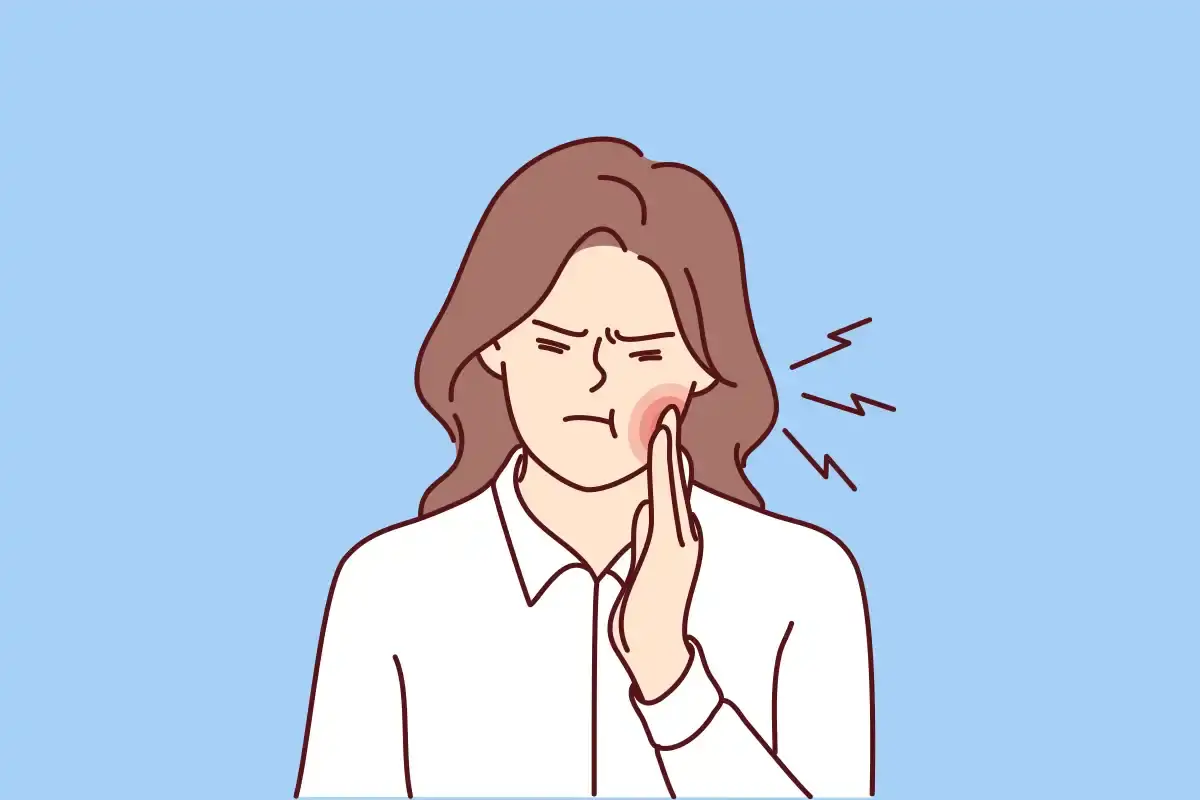Diclofenac is a nonsteroidal anti-inflammatory drug (NSAID). It is a painkiller that reduces swelling (also known as inflammation). It inhibits the COX enzymes responsible for producing prostaglandin. The standard mechanism that links each effect of Diclofenac is the inhibition of these molecules' production, which has broad activity in pain and inflammation.
It is used to treat pain, joint, muscle, and bone issues, as well as aches and pains. It relieves sprains and strains in muscles and ligaments, rheumatoid arthritis, osteoarthritis, back pain, dental pain, menstrual pain, migraine, gout, and ankylosing spondylitis. (Which causes inflammation of the spine and other parts of the body)
Diclofenac comes in two forms: diclofenac sodium and diclofenac potassium. The primary distinction between the two is that diclofenac potassium is absorbed into the body more quickly than diclofenac sodium. Quick action is best when pain relief is needed right away, but a longer one is better at reducing inflammation.
Diclofenac is a prescription medicine available as tablets, capsules, and suppositories.
What Are Tooth Pain And Its Causes?
Pain in or around a tooth is called a toothache (tooth pain). Minor toothaches can emerge from a brief gum disturbance you can treat at home. Problems with the mouth and teeth that won't go away on their own and should be treated by a dentist cause more severe toothaches.
A toothache or tooth pain is brought on by an irritated nerve in the tooth's root or surrounding area. The leading causes of dental pain are infection, decay, injury, or tooth loss. After removing a tooth (extraction), pain may also set in.
Sometimes the pain comes from other places and spreads to the jaw, giving the impression that it is tooth pain. The most common areas are the jaw joint (temporomandibular joint, or TMJ), ear pain, sinus problems, and occasionally heart problems.
Is Diclofenac Recommended For Tooth Pain?
Yes, Diclofenac is usually recommended in case of dental pain. Doctors frequently use Diclofenac to treat mild to moderate tooth pain. Many clinical studies revealed that this medication is effective and well-tolerated for tooth pain. However, the fast onset of action of Diclofenac makes it particularly suitable for treating acutely painful conditions.
What The Study Says?
The Proof Center:
Comparison Between Paracetamol, Ibuprofen And Diclofenac In Dental Extraction Or Deep Cavity Preparations
Study: The Randomized controlled study was conducted in November 2015 to May 2016. Forty patients were in the paracetamol (1 gram) group, 40 in the ibuprofen (400 mg) group and 40 in the diclofenac potassium (50 mg) group. Study was conducted on the basis of dental extraction and deep cavity preparations The study observation was then measured.
Result: Diclofenac potassium group was well effective in decreasing the pain.
How Does Diclofenac Relieve Dental Pain?
During tooth pain, Diclofenac prevents the body's chemicals, known as cyclo-oxygenase (COX) enzymes, from working. Prostaglandins are other chemicals made by these enzymes in the body. Prostaglandins, which cause pain and inflammation, are produced at injury or damage sites. There is less production of prostaglandins when COX enzymes are blocked, which reduces pain and inflammation.
What Is The Dose Of Diclofenac For Tooth Pain?
The usual doses of Diclofenac for tooth pain
- Adults should take 75 to 150 milligrams per day, divided into two or three doses, to treat tooth pain and inflammation.
- Older patients may require a lower dose. For the first four weeks of treatment, your doctor may ask you to return if you are frail or have low body weight to ensure that you are not experiencing any side effects.
- Children over 14 can take two or three doses ranging from 75 mg to 100 mg per day.
- Diclofenac is not recommended for individuals under the age of 14.
Is Diclofenac More Powerful Than Other Painkillers?
Yes, through various research studies, it has been found that Diclofenac is somewhat more potent as compared to other NSAIDs. Clinical trials found that Diclofenac is more effective than other NSAIDs of the same class. Clinicians also observed that the postoperative pain caused by tooth extraction and deep cavity preparation was lessened by diclofenac potassium than by Paracetamol or Ibuprofen.
Other Painkillers For Toothache
Dentists use many painkillers to treat toothaches, gum pain, and other dental problems.
- Acetylsalicylic Acid, also known as aspirin, is one of the most well-known and widely used pain relievers on the planet; it was the first NSAID to be discovered. It works as an anti-inflammatory and lowers fever.
- Ibuprofen or ketoprofen are frequently regarded as the most effective over-the-counter pain relievers for dental pain.
- Acetaminophen, also known as paracetamol, is a common painkiller prescribed by doctors for minor conditions like toothaches, muscle aches, backaches, fevers, and headaches.
- Naproxen is another nonsteroidal anti-inflammatory drug (NSAID) that helps lessen pain and swelling. It works by decreasing chemicals that cause aggravation in the body.
- Co-codamol: This is a combination of paracetamol and codeine phosphate that doctors endorse for momentary help with discomfort. It functions similarly to acetaminophen and comes in various strengths.
- Tramadol, a narcotic-like painkiller, is typically prescribed by doctors for moderate to severe pain.
- Homeopathic options help get temporary relief for minor pain. Ice packs, clove oil, and a topical anesthetic are some of the most common choices.
Conclusion
Tooth pain is distressing, whether sudden, sharp, dull, or lingering. Dental trauma, sores, exposed dentin, tooth decay, cracked or broken teeth, or infection may be the cause.
Diclofenac is one of the most potent painkillers and is generally used for tooth pain. It is a prescription medicine and only available when your doctor recommends it. It is available in many dosage forms, such as tablets, capsules, gels, and suppositories. You can get diclofenac over the counter or online as per your requirement.



 19 Dec 2022
19 Dec 2022


